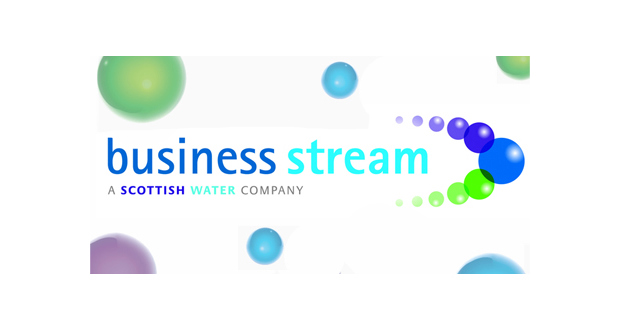02 October 2014

Ian Hewson, Head of Water and Waste Water Solutions at Business Stream discuss the benefits of embracing sustainable working as one way to generate larger profits.
What’s all the fuss about sustainability? Like it or not it’s an issue which is now helping to drive growth and your business could lose out if you don’t consider how best to make it work for you. Earlier this year, Paul Polman, CEO at Unilever told Guardian Sustainable Business that embedding sustainability in organisations can drive greater profitability. That says a lot coming from the leader of one of the world’s largest companies. It’s also something with which we agree wholeheartedly.
Not only does it help businesses become more profitable, it limits their impact on the environment, alleviating challenges such as climate change, and cuts water consumption and costs.
Mr Polman’s sentiment seems to be shared by many businesses. Recently, the 2degrees network, the world’s leading community for sustainability professionals, published its Business Sustainability Trends Tracker.
The report found nearly half of organisations are planning to increase their budget for sustainable projects. By contrast, just 4% of businesses said they would cut funding. The remaining 48% are setting aside the same amount of money as last year for 2014.
It’s encouraging to see companies attributing more resources towards sustainability. However, we’re starting from a low base. Nearly 60% of those surveyed said they had budgets of less than $165,000. 18% have no budget at all.
That’s a big financial obstacle for these organisations to overcome if they want to drive sustainability, enhance their green credentials and make themselves more cost efficient. Many companies will be able to cut their water consumption, but lack the capital required to implement efficiency measures.
This was the case with Glasgow City Council. We performed an initial water health check and benchmarking exercise with the local authority, which identified that it could save a seven-figure sum across its sites. However, with funding scarce across the public sector, investing the necessary capital was a challenge.
In partnership with the council, we agreed to pay the upfront costs for the infrastructure work and labour required. Using our ‘gainshare’ model, each of our two organisations would share in the savings as they were realised. Glasgow City Council is now on track to save £1.4 million over four years.
That’s being achieved through the installation of Automated Meter Readers (AMRs) on key sites to help identify unusually high or irregular water consumption. Leak detection and repair teams also worked to locate and tackle hidden bursts across the estate. In addition, water saving devices such as urinal controls, aerated taps and toilet flush volume reducers were installed, where analysis suggested these could deliver efficiencies.
The gainshare model is just one of the many ways we try to help customers. There are plenty of others to consider in your drive to get sustainability projects off the ground.
Have you got a water project in mind that would help you enhance your business’s sustainability? Tell us about it by leaving a comment in the box below or tweeting us on @Business_Stream.